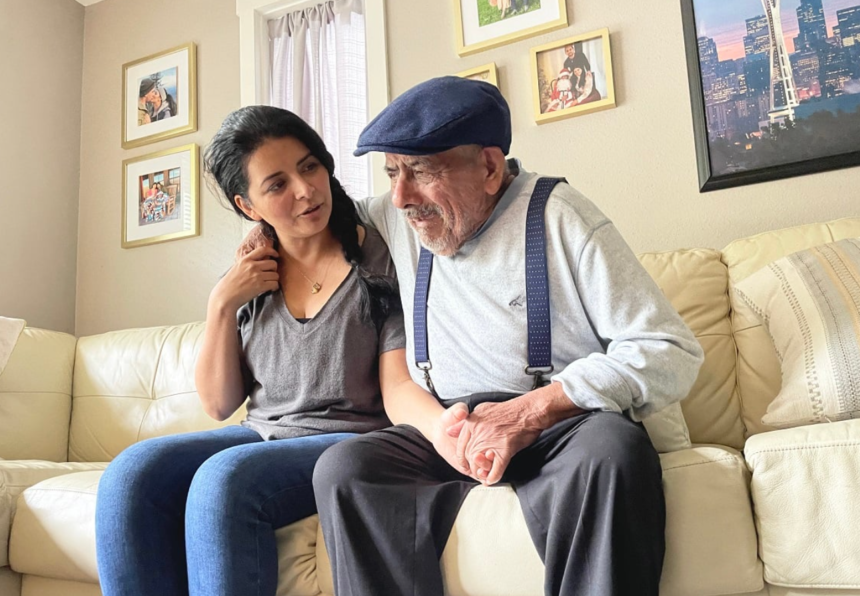When someone gets older, behavioural changes are common to occur. It is natural if you can’t help but worry about your elderly loved ones having difficulties sleeping at night. Many seniors admit that their intrusive thoughts make it hard for them to fall asleep. They feel anxious about suffering from chronic diseases and their declining physical function and strength. They don’t want to become a burden to their family with all these concerns. Read this blog to understand more about how to help seniors deal with anxiety.
- Check on your parents
Before you help your parents with their anxiety, you should make sure that you don’t misread their situation first. If your elderly loved ones show several signs such as rapid pulse, having trouble focusing on something, and sleep disorders, you should start to approach them and ask about how they are feeling. Sometimes these symptoms may lead to habit changes where they distance themselves from social activities and prefer to spend most of their time on their own. Your presence can influence them positively, as they know that they are not alone and they can always share their concerns with you. If you cannot be present for them at any time, you can use home care services to accompany your parents on your behalf.
- Visit a doctor
Arranging a checkup with a doctor is one necessary step to identify how severe their anxiety level is and find the most effective method to address the problem. Many seniors are generally diagnosed with these types of anxiety:
- Phobias: an excessive fear reaction against a particular thing or condition. They may experience panic attacks, shortness of breath, or even worse they may faint.
- Social anxiety disorder: a strong feeling of discomfort to engage in social activities. This form of anxiety makes them incapable of building relationships with others.
- Obsessive Compulsive Disorder (OCD): they tend to repeat their actions a few times to avoid any undesirable thoughts.
After consultation with a professional, several medications are usually prescribed for your parents. With the help of caregivers, you should no longer worry about your elderly loved ones skipping their regular medicine intake, as they can remind and assist your parents to consume the right dosage at the right time.
- Encourage more active habits
Anxious feelings often increase whenever they are in social isolation or feeling lonely. Therefore, it is highly recommended to encourage the elders to be more engaged in pleasant activities such as strolling around the neighbourhood, dancing to good music, or even interacting with others. These activities are much better to do with a companion, so trusting a caregiver to be there whenever you cannot assist your parents can be the best solution to make sure that your parents remain physically active.
There are many approaches you can try to help reduce your parents’ anxiety level. Additionally, you can explore the option of relying on home care services to provide support and assistance. With the help of caregivers, they can ensure your parents are well taken care of and ease your worries.














